In February of 1954, Rabbi Joachim Prinz delivered a sermon in which he recalled an experience from 1933, in Nazi Berlin. Prinz was invited to attend a clandestine meeting with Protestant ministers and Catholic priests. That night, Prinz was the only Jew in the room, and the hostile music of storm troopers marching and singing outside intruded into the meeting. Prinz was asked to deliver the opening prayer, and he opened the Bible to a random page, finding the 23rd Psalm. “Yea, though I walk through the valley of the shadow of death, I will fear no evil: for thou art with me.” Prinz said in his sermon that as he prayed with the ministers, he felt a sense of brotherhood. Everyone at the meeting acknowledged that Hitler was attacking not just the Jews, but religion itself. However, according to a note in Prinz’s memoir, Rebellious Rabbi, only one Christian in that room later openly opposed the Nazi regime.
James Baldwin debates at Cambridge, 1965
In February of 1965, the writer James Baldwin debated journalist William Buckley on the topic, “The American Dream is at the Expense of the American Negro” at Cambridge University. Before a gathering of all-white students, Baldwin shared what it was like to, as W.E.B. DuBois had put it, discover “the veil” of race, to become aware of one’s own otherness. Baldwin reminisced about playing Cowboys and Indians as a child. All the kids wanted to be the Cowboy. “Bang, bang, shoot ‘em up!” But at a very young age, Baldwin realized that he was not the Cowboy, but was trapped in the role of the Indian. He said,
It comes as a great shock around the age of 5, 6 or 7 to discover that the flag to which you have pledged allegiance, along with everybody else, has not pledged allegiance to you. It comes as a great shock to see Gary Cooper killing off the Indians and, although you are rooting for Gary Cooper, that the Indians are you.
Prinz had experienced that shock, too. In Germany as a child he, too, had come to the realization that he was the Indian. From a highly assimilated family, he had committed to Judaism and Zionism at a young age, to his father’s great consternation. When the Nazis rose to power and Hitler was elected, Prinz was psychologically prepared, for, unlike many German Jews, he had already accepted and indeed embraced his otherness within German society. But many Jews were not prepared to be “the Indian,” the Other. As a young rabbi in Berlin, sermonizing and teaching, Prinz conveyed the beauty and the value of Jewish identity and urged German Jews to emigrate because they had no future in Germany, and for his outspokenness he was arrested repeatedly.
In 1958 (after having been expelled from Germany and immigrating to the United States twenty-one years earlier) Rabbi Prinz was elected President of the American Jewish Congress and met the young minister rising to the leadership of the civil rights movement, Martin Luther King, Jr. Over the following years, Prinz would invite African American leaders such as King, A. Philip Randolph, Bayard Rustin and Roy Wilkins to meetings of the American Jewish Congress. It was as if Prinz was again attending that meeting with the Christian ministers in Berlin, but now his role was reversed; he was in the role the Christian ministers had occupied. Prinz understood that, though he had been in the role of the persecuted and powerless in Germany, in America his whiteness placed him in a new role. The question was, what would he do with it? Prinz’s response was to attach himself unequivocally to the cause of justice and equality, to use his privilege for a higher good.
Throughout our history, Jews have played both roles. As I travel with I Shall Not Be Silent and speak with audiences, it seems to me that we don’t always recognize what role we are truly playing. We are so accustomed to being “the Indian” that we have trouble recognizing when we are “the Cowboy.” Part of Prinz’s genius was knowing what role he was playing, and, no matter which role it was, using it to work for justice, equality and peace.
Sources
Best Jewish Sermons of 5714, edited by Saul I. Teplitz, The Jonathan David Co, 1954.
Joachim Prinz, Rebellious Rabbi: An Autobiography—the German and Early American Years, edited and with an introduction by Michael A. Meyer, Indiana University Press, 2008.
“The American Dream and the American Negro,” New York Times Magazine, March 7th, 1965.

